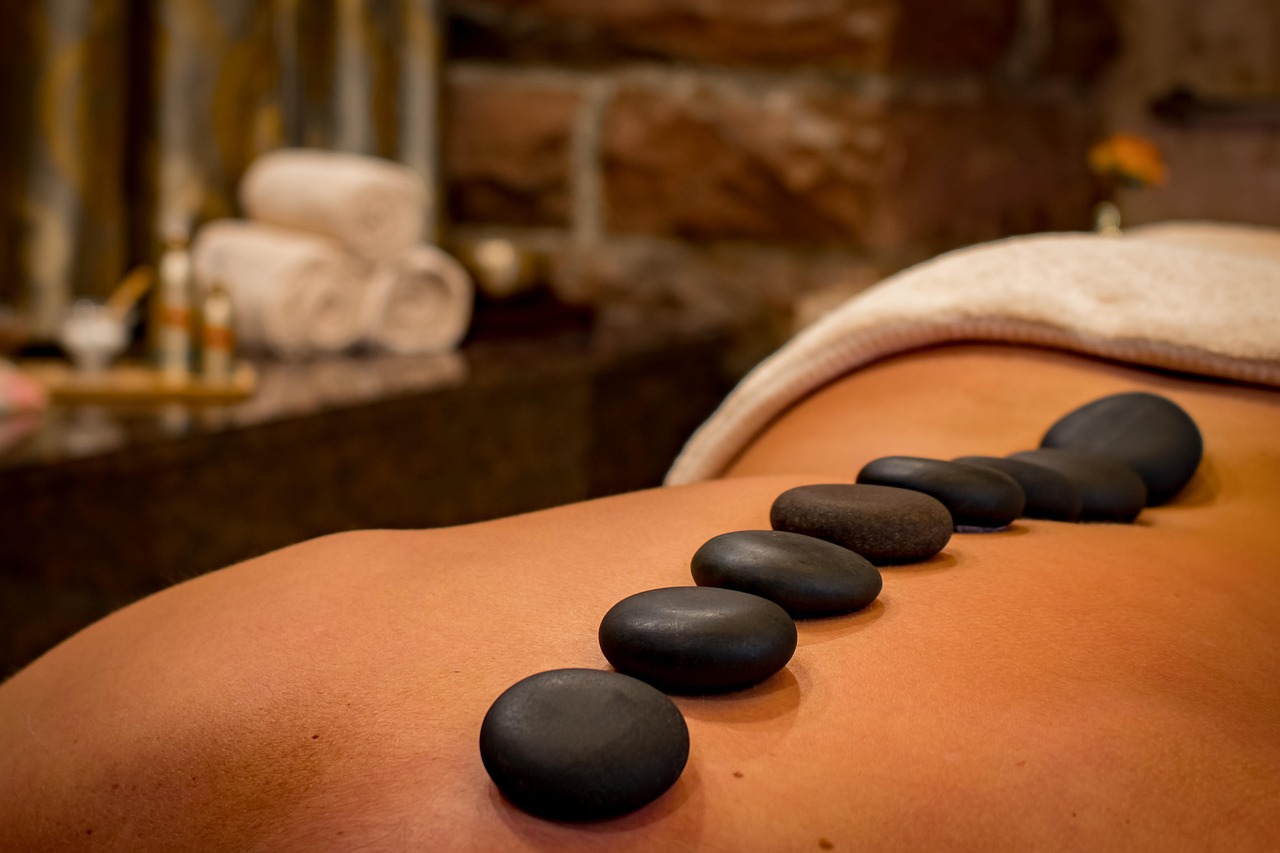It’s Monday morning, and you’re scrambling to make that 9 AM meeting, but first, a quick stop for a double espresso is a must, right? The reality is that no matter how many caffeinated boosts you grab, you’ll still feel fatigued if you aren’t clocking in enough quality sleep.
Let’s get personal—on average, how many hours of sleep do you currently get each night?

Now, consider this: how many hours would you ideally like to sleep?
I’m guessing that for many of you, those two figures don’t quite align. Here’s an interesting fact: women aged 18 to 64 typically need about 7 to 9 hours of sleep, while those over 65 require around 7 to 8 hours.
But isn’t age just a number? If we blamed aging for our sleep issues and fatigue, then every 80-year-old would be perpetually tired—but that’s simply not the case! While poor sleep is common, it shouldn’t be considered normal.
Getting sufficient rest is crucial for maintaining a vibrant and productive lifestyle. Contrary to the common belief that sleep is merely a downtime phase, research indicates it’s an active process where critical restoration and repair occur.
To function at our best in daily life, we need to prioritize sleep just as much as we do other self-care rituals.
A 2007 study revealed that women report experiencing more sleep disturbances than men, with half stating they wake up feeling far from refreshed. The findings highlighted that inadequate sleep impacts many aspects of life, leaving little room for social interactions and intimacy.
While our busy schedules are often to blame for sleepless nights, PMS can also play a role. Fluctuating hormone levels prior to menstruation can disrupt sleep, making it uncomfortable due to a temporary rise in body temperature. Additionally, disrupted sleep cycles can negatively affect stress and sex hormones—so let’s try to avoid that!
Many of us may underestimate the importance of sleep, particularly the critical role of REM (Rapid Eye Movement) sleep. Let’s explore the essential components and functions of restorative sleep.

Sleep Cycles & The Significance of REM Sleep
- Phase 1: You start to drift into slumber, feeling relaxed. Your heartbeat, breathing, and eye movements slow down, and your muscles begin to loosen. Have you ever twitched or jolted awake? That’s your brain transitioning to slower wave patterns.
- Phase 2: Your body prepares for deeper sleep, with heart rate and body temperature dropping, and eye movements ceasing. Brief bursts of electrical activity occur in the brain, although overall activity significantly slows.
- Phase 3: This is the deep sleep phase, during which it’s challenging to wake up. Your body repairs tissues, bones, and bolsters your immune system.
- REM Sleep: Beginning around 90 minutes into your sleep cycle, REM sleep sees brain activity resembling that of wakefulness. Your breathing becomes faster and more irregular, and heart rate and blood pressure rise to near-waking levels. Most dreaming occurs during this phase, with your limbs temporarily paralyzed to prevent you from acting out your dreams.
REM sleep is vital for stimulating brain areas responsible for learning and memory retention. It also reinforces crucial neural connections, supporting mental health and overall well-being.
Now that you’re equipped with this information, you might be curious about how to improve your sleep cycle. If you struggle to quiet your mind at night, know that you’re not alone.
Here are some steps to start:
- Establish Healthy Habits: Aim to go to bed at roughly the same time each night. This consistency helps train your mind to wake at a regular hour, reducing the urge to hit snooze repeatedly. One helpful ritual is writing a to-do list for the next day before bed, along with reminding yourself what time you need to rise. It truly makes a difference!
- Put Down the Phone: If you’re tempted to scroll through social media or check your horoscope before sleep, reconsider. Using backlit devices can disrupt melatonin production, throwing off your sleep patterns. Instead, try engaging in relaxing activities—like reading, journaling, or talking with a partner—about their day.
- Create a Tech-Free Bedroom: Try making your bedroom a device-free zone for a week and observe any changes in your sleep quality.
Remember, our health is a reflection of our cellular state, and repair occurs during sleep. Prioritizing restful nights is essential to being your best self.





